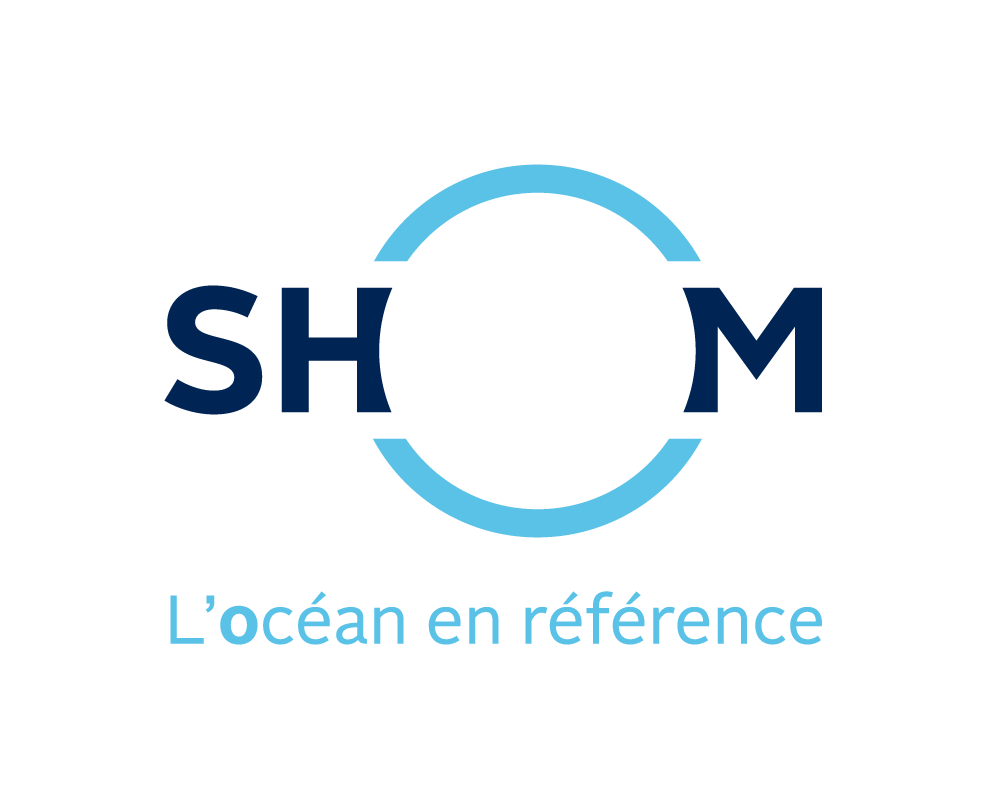Data from: Large-scale patterns of benthic marine communities in the Brazilian Province
As marine ecosystems are influenced by global and regional processes, standardized information on community structure has become crucial for assessing broad-scale responses to natural and anthropogenic disturbances. Extensive biogeographic provinces, such as the Brazilian Province in the southwest Atlantic, present numerous theoretical and methodological challenges for understanding community patterns on a macroecological scale. In particular, the Brazilian Province is composed of a complex system of heterogeneous reefs and a few offshore islands, with contrasting histories and geophysical-chemical environments. Despite the large extent of the Brazilian Province (almost 8,000 kilometers), most studies of shallow benthic communities are qualitative surveys and/or have been geographically restricted. We quantified community structure of shallow reef habitats from 0° to 27°S latitude using a standard photographic quadrat technique. Percent cover data indicated that benthic communities of Brazilian reefs were dominated by algal turfs and frondose macroalgae, with low percent cover of reef-building corals. Community composition differed significantly among localities, mostly because of their macroalgal abundance, despite reef type or geographic region, with no evident latitudinal pattern. Benthic diversity was lower in the tropics, contrary to the general latitudinal diversity gradient pattern. Richness peaked at mid-latitudes, between 20°S to 23°S, where it was ~3.5-fold higher than localities with the lowest richness. This study provides the first large-scale description of benthic communities along the southwestern Atlantic, providing a baseline for macroecological comparisons and evaluation of future impacts. Moreover, the new understanding of richness distribution along Brazilian reefs will contribute to conservation planning efforts, such as management strategies and the spatial prioritization for the creation of new marine protected areas.
|
|
Citation proposal
Anaide Wrublevski Aued (Brown University) - Franz Smith (Brown University) - Juan Pablo Quimbayo (Universidade Federal de Santa Catarina) - Davi V. Cândido (Universidade Federal de Santa Catarina) - Guilherme O. Longo (Fluminense Federal University) - Jon D. Witman (Brown University) - Sergio R. Floeter (Universidade Federal de Santa Catarina) - Bárbara Segal (Universidade Federal de Santa Catarina) (2019) . Data from: Large-scale patterns of benthic marine communities in the Brazilian Province. https://services.mspdata.eu:/geonetwork/srv/api/records/7c521dad-16c9-4d9d-9384-29da1505ca49 |
Simple
- Date ( Publication )
- 2019-05-24
- Identifier
- 7c521dad-16c9-4d9d-9384-29da1505ca49
- Credit
- Brown University
- Credit
- Universidade Federal de Santa Catarina
- Credit
- Federal University of Rio Grande do Norte
- Credit
- Fluminense Federal University
- Status
- Completed
- Thèmes Sextant ( Theme )
-
- GEMET - INSPIRE themes, version 1.0 ( Theme )
-
- Mission Atlantic - Resources ( Theme )
-
- Data , Article
- Mission Atlantic - Case Studies ( Theme )
-
- South Brazilian Shelf
- Mission Atlantic - BODC Parameters ( Theme )
-
- /Biological oceanography/Fish
- Mission Atlantic - Data type (DMP) ( Theme )
-
- Biological data
- Mission Atlantic - Work Package ( Theme )
-
- WP4 Benthic Mapping
- Use constraints
- Copyright
- Spatial representation type
- Vector
- Metadata language
- English
- Character set
- UTF8
- Topic category
-
- Oceans
N
S
E
W
))
Spatial representation info
No information provided.
- OnLine resource
- Publication
- Hierarchy level
- Dataset
Metadata
- File identifier
- 7c521dad-16c9-4d9d-9384-29da1505ca49 XML
- Metadata language
- English
- Character set
- UTF8
- Hierarchy level
- Dataset
- Date stamp
- 2021-12-15T15:20:10
- Metadata standard name
- ISO 19115:2003/19139 - SEXTANT
- Metadata standard version
- 1.0
Point of contact
- Website
- https://sextant.ifremer.fr/eng
 Metadata catalogue
Metadata catalogue

